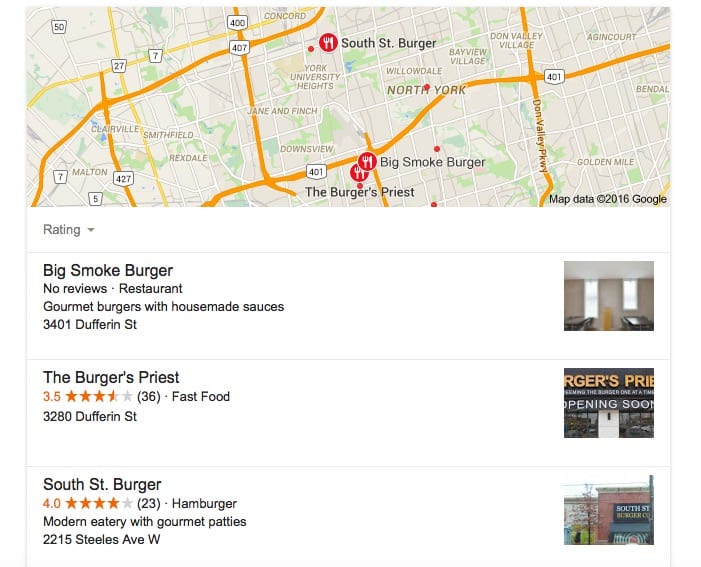In your mission to compete with the big guns, are you underutilizing these small business branding hacks?
When you’re trying to boost your online visibility, it’s hard to know what tools to use, what methods you should be targeting and how to effectively measure results, especially when you’re already consumed with the day-to-day operations of your small business. You’re also unlikely to have an infinite budget to allocate toward this. That, combined with the confusing nature of SEO, with loads of companies promising to get you to rank but few actually being able to deliver, can leave many small business professionals wondering what direction they should take with their small business SEO. Here are some common mistakes:
Not Being Specific About Your Market
It may sound counterintuitive when it comes to SEO, but it pays to tap into a niche.
Logically, you might think that ranking for as many different keywords as possible would give you more impact, as you would score visibility for a wider range of search terms. For example, if you own a landscaping business, you may be tempted to try and target terms like garden design, garden installation, lawn maintenance, pruning, pond maintenance and snow removal. And while it’s true that you may offer all those services, and that having a variety of specialities may result in you ranking for more search terms, you will have less relevancy for each of them. When you’re competing with corporations who have extravagant budgets, seemingly endless content and a longstanding clientele base, you need to be strategic. If you allocate your resources to a select few keywords, say garden design and garden installation, you will be more likely to rank higher for those terms.
Underestimating the Importance of Local SEO
It’s not just about being visible to a large audience, it’s about being visible to the right audience.
There’s a Wal-Mart in almost every area, probably even yours. But you may have one big advantage over a big-box corporation, and that’s knowing the needs and issues of a particular community than a chain brand who doesn’t have those local ties. This means you want to make sure Google knows where you are and leverages that information in the best way possible. This will mean not only showing up on more search engine result pages, but showing up to a very specific and relevant demographic.
Many of the steps to creating optimal local SEO are relatively straightforward, like creating Google and Yahoo local place pages for your business with detailed address and contact information. Encouraging customer reviews on your place pages will boost your ranking too, as it’s one of the first things someone will see when you place page pops up, as referenced in the photo below. Reviews have the obvious advantage of promoting your business to readers, but Google also takes local reviews into account when ranking, so it’s a win-win.

James Hein goes into more detail about local SEO here.
Not Starting Early
The sooner you start crafting your SEO strategy the better; ideally when you’re still writing your business plan.
It’s true that in the early phases of a startup, you have enough on your plate. It’s easy to think that small business SEO isn’t something that should be aggressively pursued early in the process. The truth is, the longer you wait to start thinking about keywords, digital content and building relationships with other web resources (which all help your rankings), the more catch up you have to do and the more time your competitors have to leverage those same tools. Ideally, you would have built a SEO and digital strategy into your business plan. If not, at least add it to the itinerary early on in the game and get a head start. As part of your small business branding, being on top of content and digital marketing trends will help you exponentially, especially when competing with large corporations who may have an entire in-house content and online marketing team.
Conclusion
Knowing your niche, promoting your location and developing a branding and digital marketing strategy early in the game are all tactics that are sometimes overlooked in the small business world. But when you’re in a competitive market, you need to know how to leverage your assets, relative to the size of your company.

Thanks to Ari Rush for sharing their advice and opinions in this post. Ari Rush is the president of
Rush Ventures, a Toronto SEO and online branding company. He also teaches SEO and digital marketing strategies at Ryerson University.



 Thanks to Ari Rush for sharing their advice and opinions in this post. Ari Rush is the president of
Thanks to Ari Rush for sharing their advice and opinions in this post. Ari Rush is the president of 

